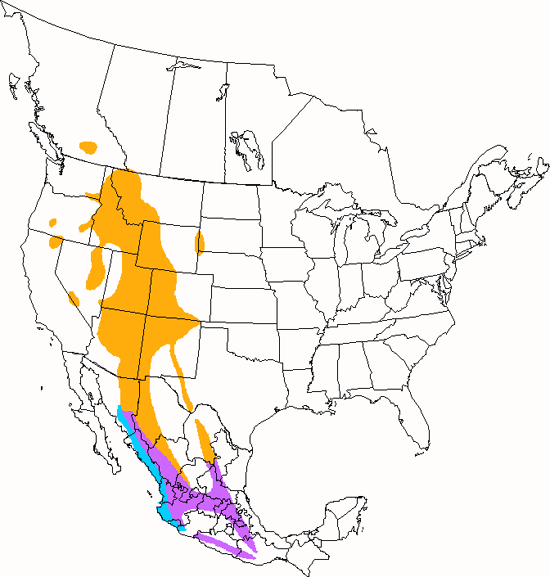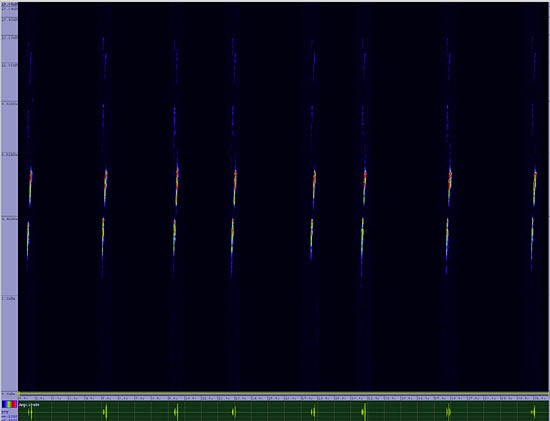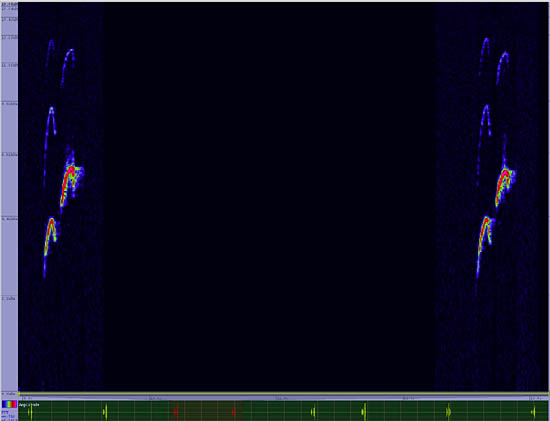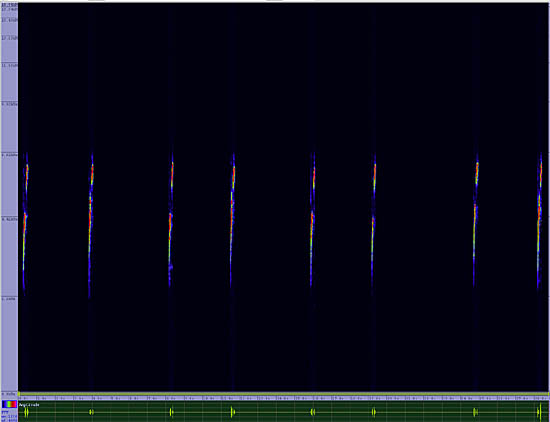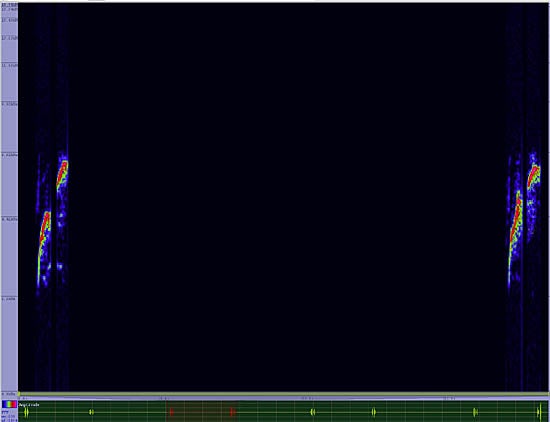The four-digit banding code is COFL.

Perching
Cordilleran Flycatcher
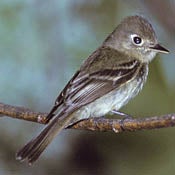
Length: 6 in. (14 cm )
Male | Herbert Clarke
Fir forest
Oak-pine woodland
View Citation
Bibliographic details:
- Article: Cordilleran Flycatcher
- Author(s): Dr. Biology
- Publisher: Arizona State University School of Life Sciences Ask A Biologist
- Site name: ASU - Ask A Biologist
- Date published: July 13, 2017
- Date accessed: November 18, 2024
- Link: https://askabiologist.asu.edu/activities/bird/cordilleran-flycatcher
APA Style
Dr. Biology. (2017, July 13). Cordilleran Flycatcher. ASU - Ask A Biologist. Retrieved November 18, 2024 from https://askabiologist.asu.edu/activities/bird/cordilleran-flycatcher
Chicago Manual of Style
Dr. Biology. "Cordilleran Flycatcher". ASU - Ask A Biologist. 13 July, 2017. https://askabiologist.asu.edu/activities/bird/cordilleran-flycatcher
Dr. Biology. "Cordilleran Flycatcher". ASU - Ask A Biologist. 13 Jul 2017. ASU - Ask A Biologist, Web. 18 Nov 2024. https://askabiologist.asu.edu/activities/bird/cordilleran-flycatcher
MLA 2017 Style
Be Part of
Ask A Biologist
By volunteering, or simply sending us feedback on the site. Scientists, teachers, writers, illustrators, and translators are all important to the program. If you are interested in helping with the website we have a Volunteers page to get the process started.







